Fake alcohol floods Lesotho
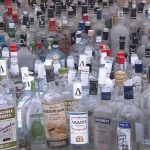
SHARE THIS PAGE!
There are mounting legal, health and economic concerns over the unchecked proliferation of suspected counterfeit alcohol which is flooding the market in some parts of Lesotho.
Counterfeit alcohol is normally produced by criminals, and often contains substances such as antifreeze, nail polish remover and even paint stripper.
According to Interpol, the reason fake alcohol is dangerous is because it is often produced using toxic chemicals that are simply not safe to drink.
Genuine and legally made alcohol products contain the chemical ethanol, which can be drunk safely in moderation. However, counterfeiters will look to cut costs by substituting ethanol with cheaper and possibly toxic substances.
Different consumers who have unwittingly fallen victim to the fake alcohol told this publication that the sale of contraband is most rampant at (names withheld) liquor outlets at Khubetsoana, Borokhoaneng and Ha Abia in Maseru.
They say the only alcohol types that they suspect are not real are ciders, wines, whiskeys, brandies and gins.
The consumers are quick to point fingers at Chinese traders whom they accuse of illegally importing counterfeit alcohol from South Africa.
Such goods usually cost less than genuine alcohol, and this raises suspicions that, apart from possible health risks, the traders involved evade import tax and end up fostering unfair competition with their law-abiding counterparts.
Lesotho Liquor and Restaurant Association (LLROA) president, Motseki Nkeeane, confirmed that the market in Lesotho is indeed awash with counterfeit alcohol.
“This is something that’s been going in for some time, but we only caught up when we noticed a mysterious shortage of empty bottles at our stores. It was so systematic and led to suspicions that someone was actually reusing or refilling the bottles with rogue alcohol,” Nkeeane said.
He indicated that reports of the sale of counterfeit alcohol in the country have risen considerably, apparently since the introduction of the alcohol and tobacco levies in 2020 which effectively increased the prices of these commodities.
“There are unfamiliar brands of alcohol being sold, that resemble legit ones already on the market. We have established that some of the counterfeit alcohol is either being smuggled into Lesotho from South Africa or brewed local in underground distilleries,” he noted.
Nkeeane added that in the absence of testing facilities such as laboratories in the country, the only way to test the authenticity of suspected fake alcohol is by testing it; and if the taste is found to be off the mark, the best a consumer can do is dispose of it.
“We are now relying on people’s taste buds on these other random alcoholic beverages. We have also received reports of counterfeit alcohol from other districts like Mafeteng and Mohale’s Hoek, indicating a widespread problem.
“They are easy to detect; they taste, look and packaged differently. We advise consumers to purchase alcohol from reputable and registered liquor shops or suppliers. We also recommend choosing beverages that are easier to trace, especially if there is a concern about potential harm to individuals.
“Another major challenge we have is the absence of a laboratory in Lesotho where samples of alcohol can be tested. This hampers efforts to verify the authenticity and safety of alcohol products circulating in the market,” Nkeeane said.
LLROA has made efforts including engaging with the ministry of trade, industry and business development about the issue. However, there is frustration over the perceived lack of interest or initiative from the government in addressing the problem of counterfeit alcohol effectively.
Implemented in 2023, the Tobacco and Alcohol Product Levy (TAPL) is a piece of legislation that imposes levies on tobacco and or alcoholic products in the country at all stages of the business cycle.
The levy also applies on importation of such products into Lesotho by businesses and individuals (private shoppers).
The government intended to use the legislation to influence acceptable or normal consumption of such products. It was also expected to increase revenue for development programmes.
The levy rate for tobacco products was 30 percent while the rate on the alcoholic products would be 15 percent. Following an outcry from traders over the crippling impact the law had on business, government slashed the levies by half on October 1, much to the chagrin of anti-drug groups.
The ministry of finance and development planning stated that the objective of the Bill is to introduce a levy on tobacco and alcoholic products with the aim of reducing the consumption of these products to acceptable levels.
The prevailing excessive use or abuse of these products contributes to several socio-economic hazards which mostly affect public health in adverse manner.
It will also normalise the price differentials that exist between Lesotho’s towns and those of neighbouring South African towns, thereby putting Lesotho’s economy on an equal competitive footing.
The Bill empowers a vendor who sells these products to charge the levy at the rate of 30 percent for tobacco products and 15 percent for alcoholic products, collect and remit the levy to the Lesotho Revenue Authority (LRA). The levy is charged on the consideration for the products exclusive of Value Added Tax (VAT). The person who bears the burden is the final consumer of such products.
The alleged abundance of counterfeit alcohol has led to Nkeeane and other consumers questioning the efficacy of the Lesotho Standards Institute (LSI), which they believe is not doing enough to monitor the quality of goods entering the country.
Established by an Act of Parliament enacted in 2014, the LSI became operational in 2020.
It is a national standards body mandated to develop and publish national standards, carry out testing activities, certification and inspection services, conduct training to capacitate the industry, and support public policy and regulations to protect society.
The manager of LSI, Molebatsi Rabolinyane, insisted that the institution is still active.
However, Rabolinyane said the issue of counterfeit alcohol is a responsibility of the ministry of health.
“The ministry of health has regulations that control the issue of alcohol and tobacco because of their health risks.
“We have very little to do with that; when it comes to anything that deals with safety and health, our role is limited to providing relevant standards, but enforcing them is the responsibility of the regulator, which in this case is the ministry of health,” he noted.
Rabolinyane further indicated that he would investigate the sale of counterfeit alcohol as he was not aware of it.
For his part, a ministry of health senior health inspector, Motsamai Mahahabisa, has acknowledged cognizance of reports of the sale of fake alcohol, adding the environmental health division is already conducting its own investigations.
Mahahabisa said the major hurdle is lack of testing facilities, so the department will enlist assistance from other countries.
“Experience has taught us that Vodka and wine are the most commonly counterfeited alcoholic drinks. Vodka should look completely clear, with no particles or sediment visible in the bottle. There’s no doubt that such beverages could pose health challenges. The fact that they are counterfeit is enough to tell you that they are made in wrong conditions.
“Importers of this kind of alcohol have a responsibility to declare it, but it is a pity no one wants to take responsibility,” he added.

CBL releases upgraded currency
9 days ago
Ministers assess LHWP II progress
10 days ago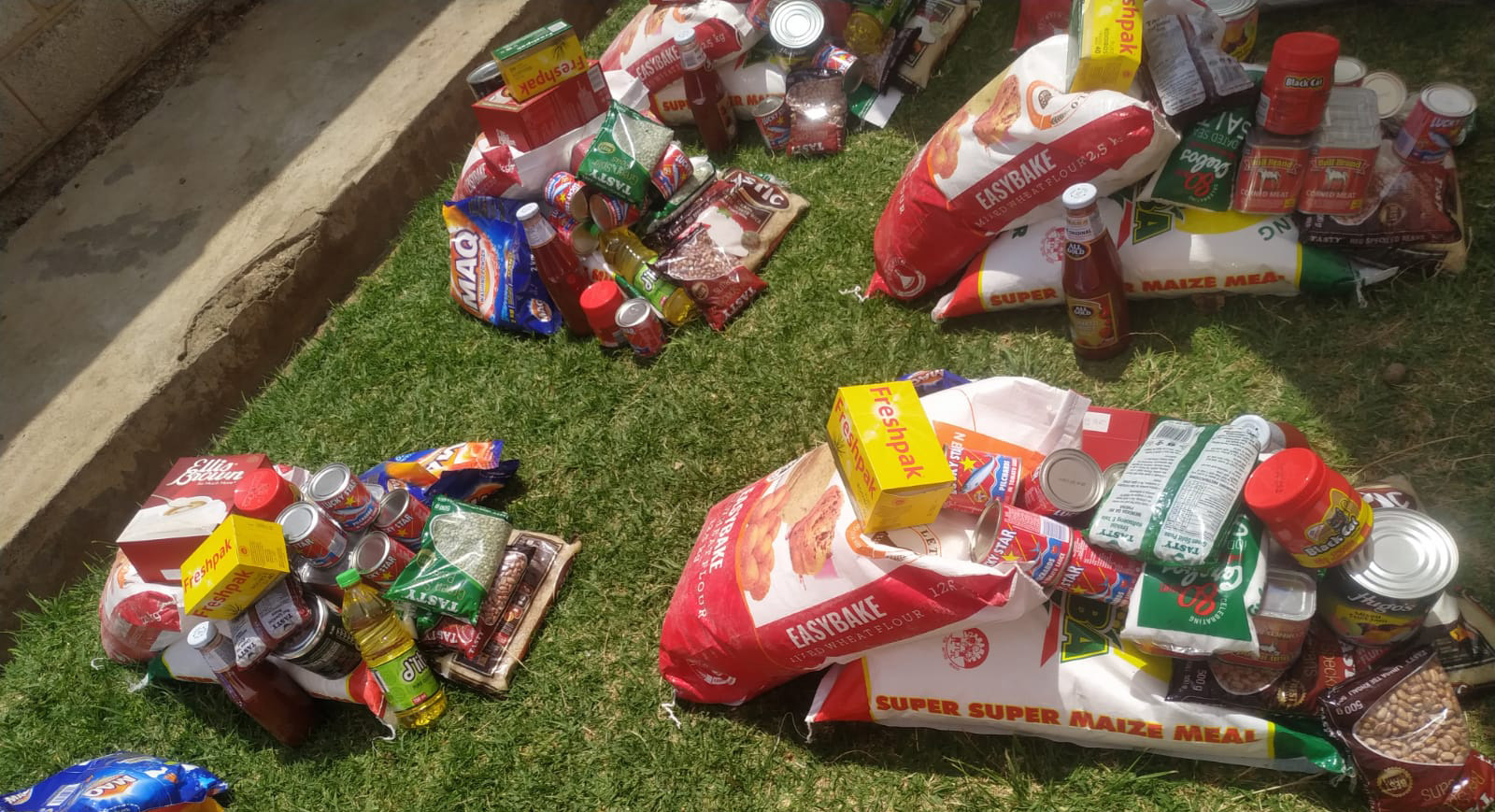
ETL gives to the elderly
11 days ago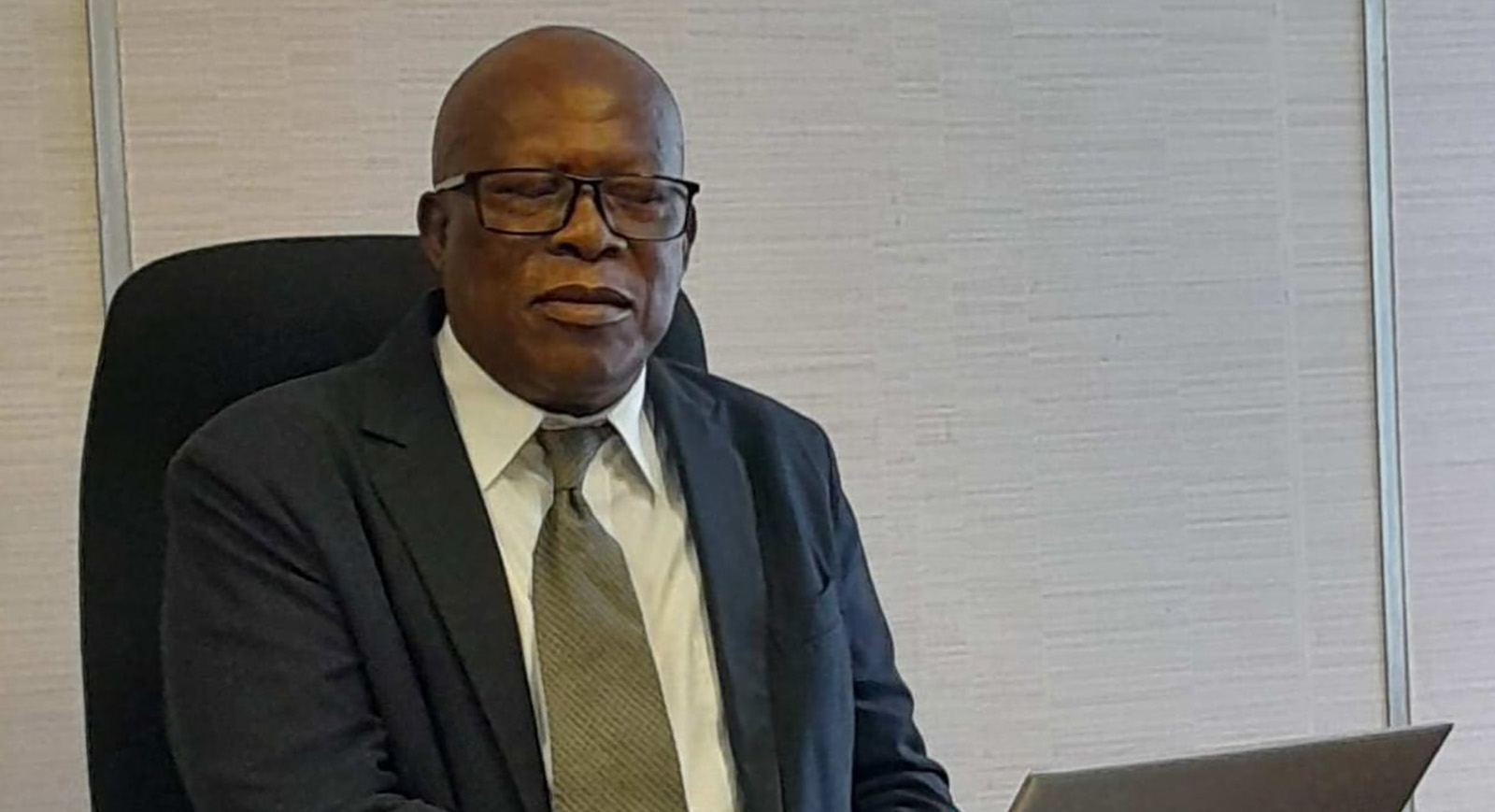
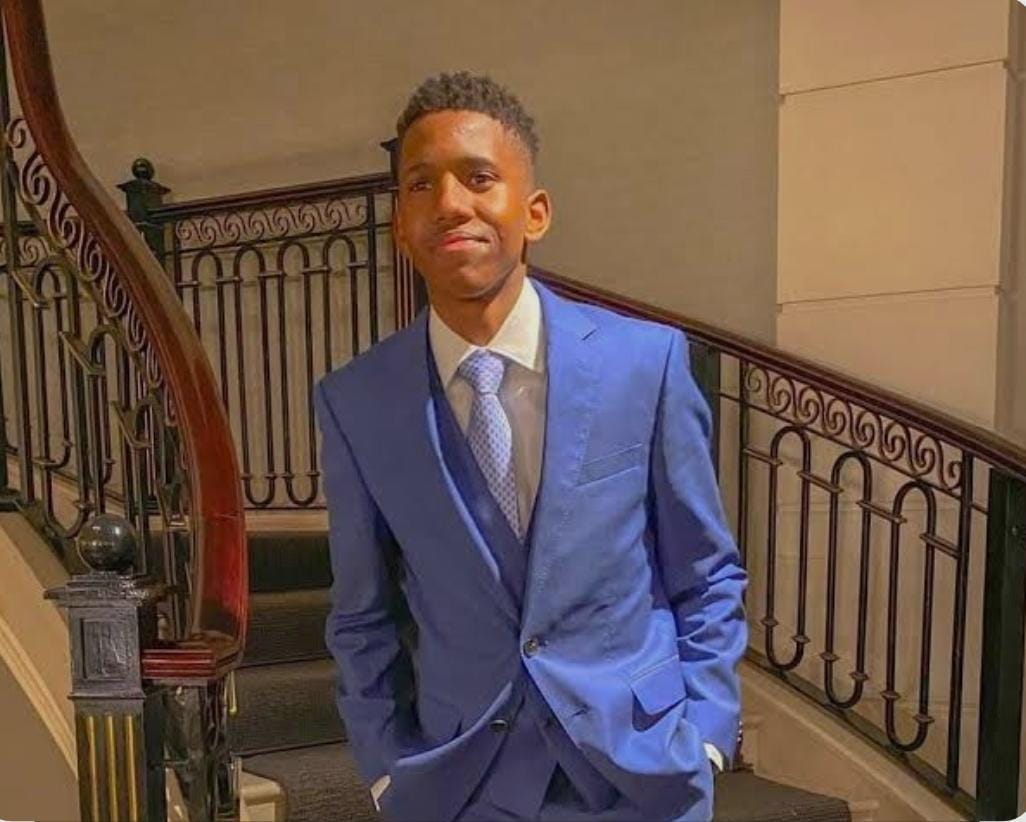
Lerotholi Seeiso appointed LP chancellor
12 days ago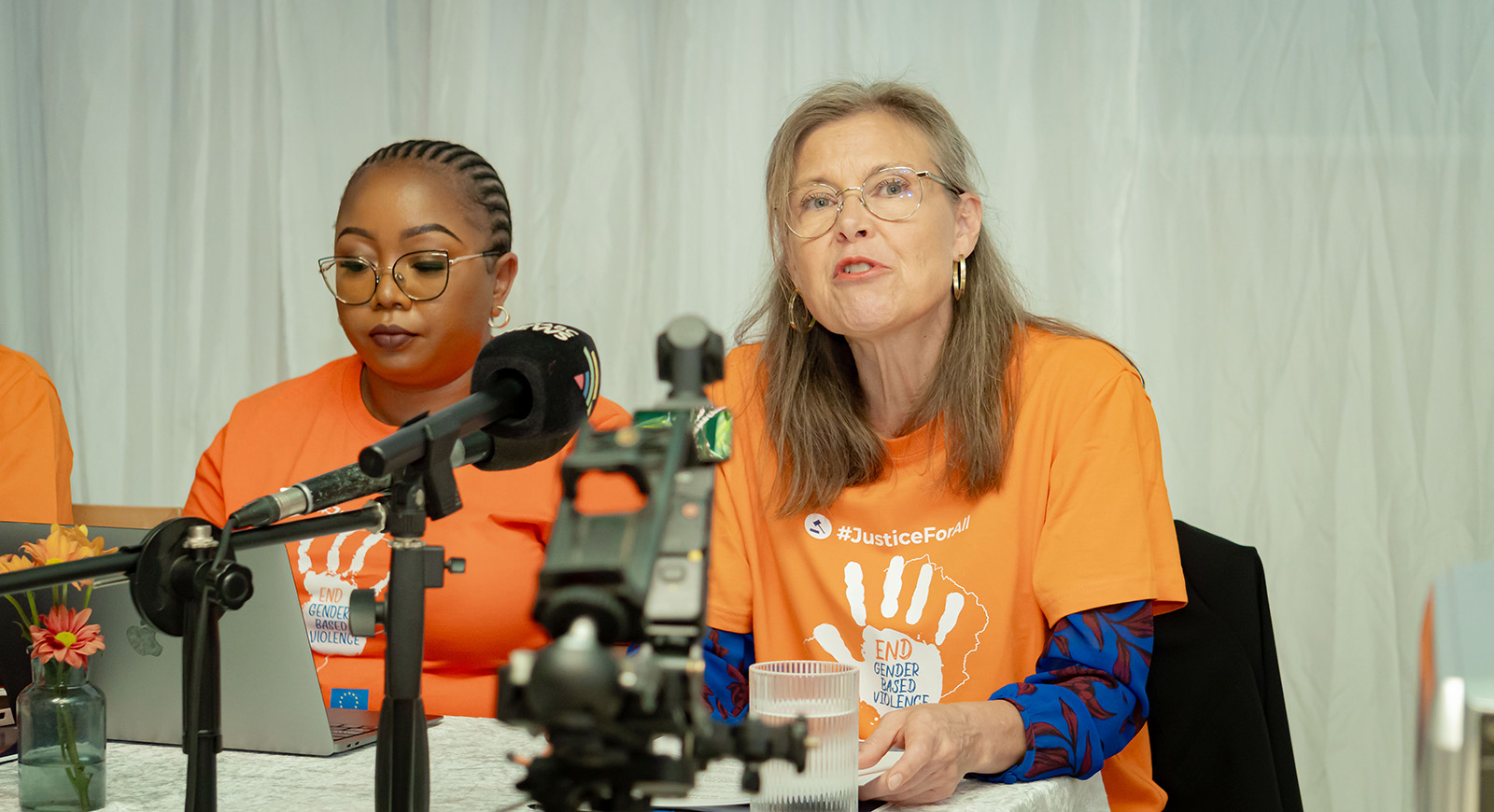
EU condemns high prevalence of violence
12 days ago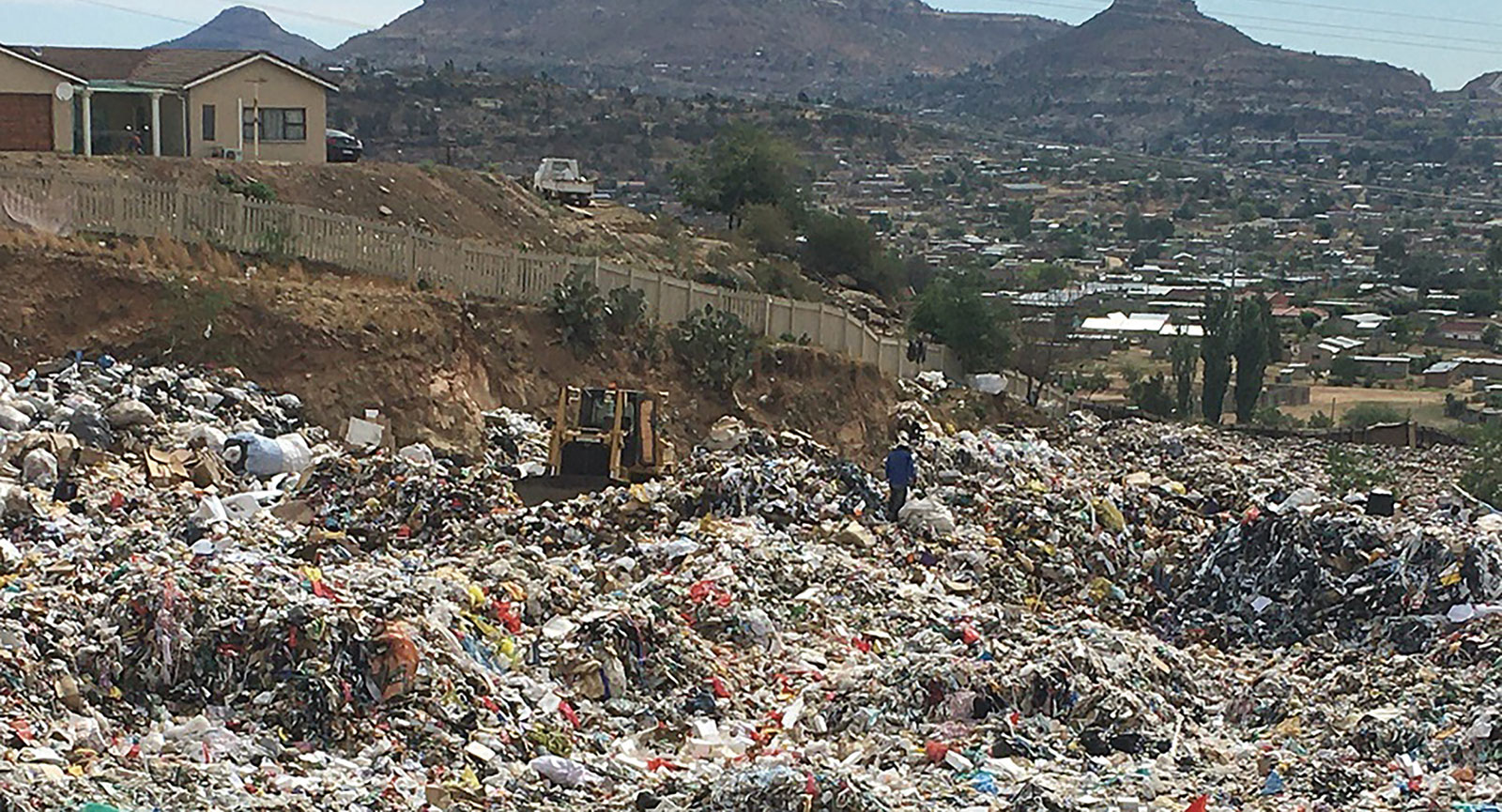
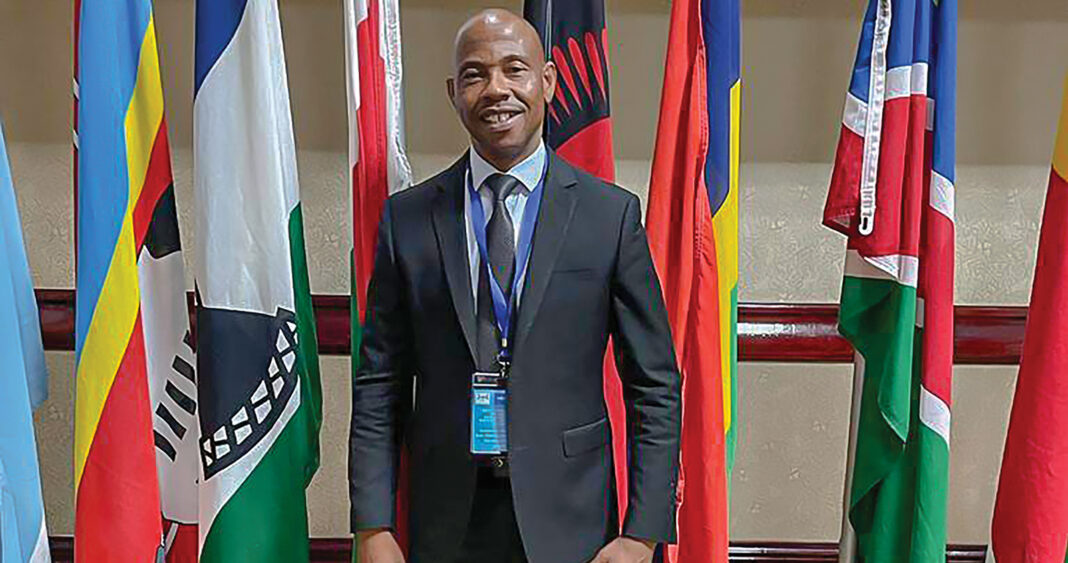
Farmers get inputs on time, expect better yields
12 days ago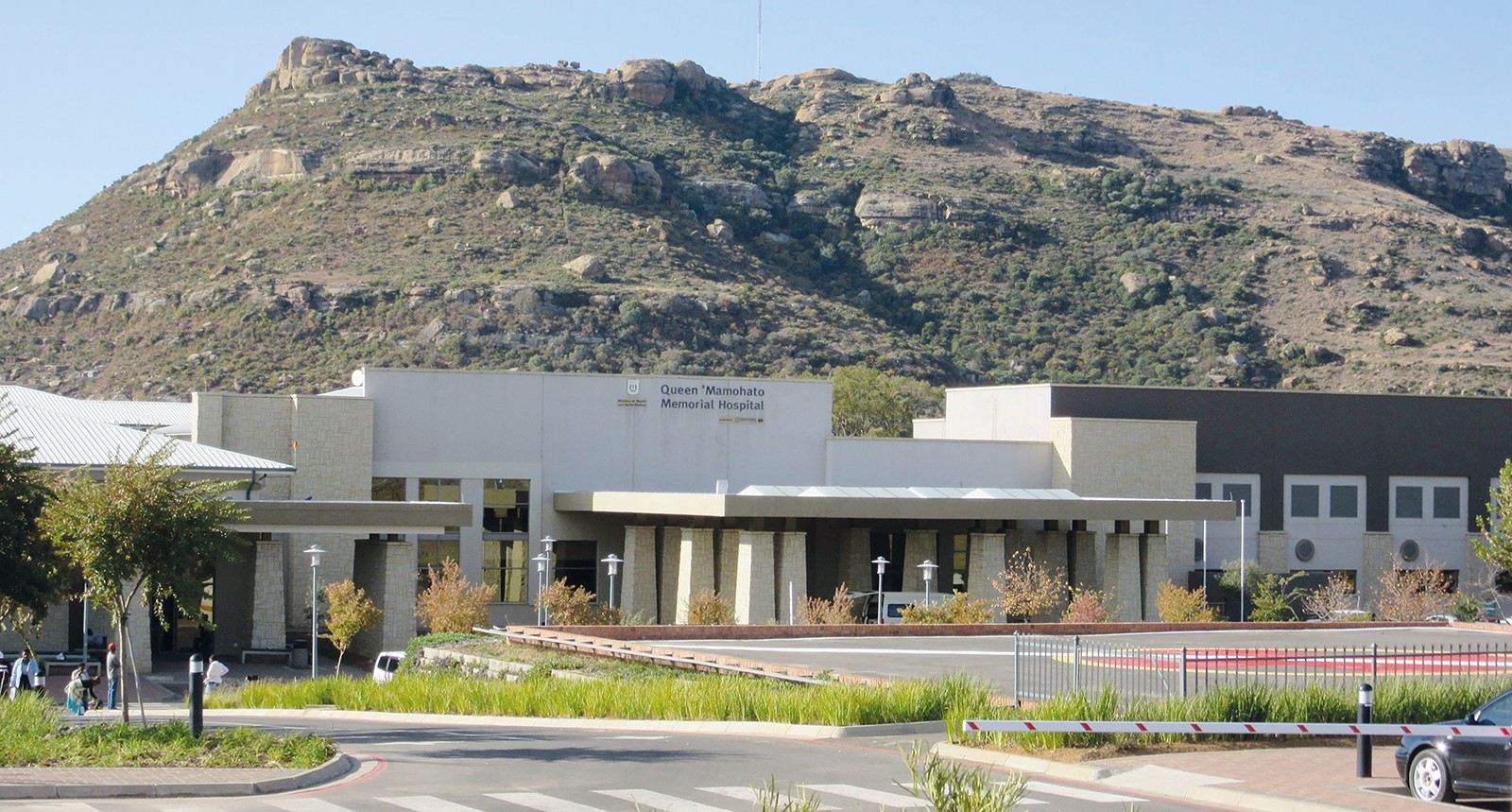
Battle lines drawn over PAC inquiry
12 days ago
Lesotho marks African Traditional Medicine Day
14 days ago